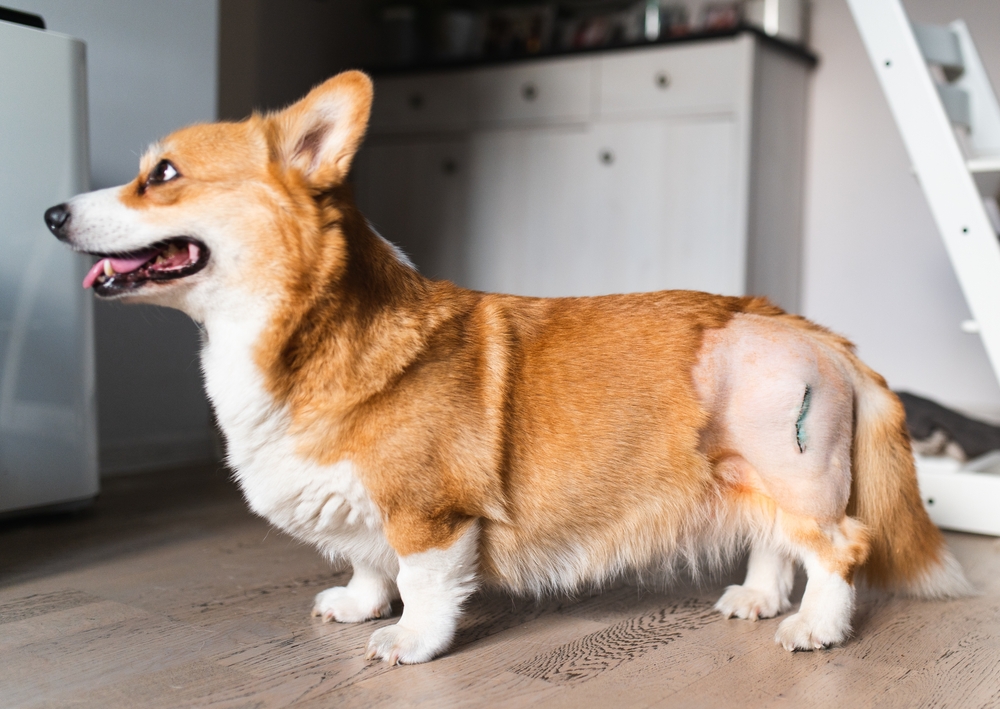
Orthopedic surgery for pets is a crucial aspect of veterinary care that can help address a wide range of musculoskeletal problems, from joint injuries to congenital abnormalities. Understanding the signs that your pet may need orthopedic surgery can help you take proactive steps to ensure your beloved companion receives the necessary treatment and support.
What is Orthopedic Surgery for Pets?
Orthopedic surgery for pets refers to the medical procedures performed on the musculoskeletal system, which includes the bones, joints, ligaments, tendons, and muscles. These surgeries are designed to address a variety of conditions, such as fractures, joint instability, developmental abnormalities, and degenerative diseases. By addressing these issues, orthopedic surgery can help restore mobility, reduce pain, and improve the overall quality of life for your pet.
Common Types of Orthopedic Surgeries for Pets
Orthopedic surgeries for pets can vary depending on the specific condition and the individual needs of your pet. Some of the most common types of orthopedic surgeries include:
Amputation: Amputation may be necessary when a limb is severely injured or affected by conditions such as cancer or infection. Pets often adapt well to life on three legs, maintaining a good quality of life post-surgery.
Bone Tumors in Cats and Dogs: Bone tumors, such as osteosarcoma, may require surgical removal to prevent the spread of cancer. Treatment often includes amputation or limb-sparing surgery, followed by chemotherapy.
Canine Hip Dysplasia: This is a genetic condition where the hip joint doesn't develop properly, leading to arthritis and pain. Surgical options include hip replacement or procedures to realign the joint.
Cranial Cruciate Ligament Disease: Similar to ACL injuries in humans, this involves a tear in the cranial cruciate ligament in the knee. Surgery, such as tibial plateau leveling osteotomy (TPLO), is often required to restore mobility.
Fractured Limbs: Limb fractures in pets are often treated with surgical fixation, including plates, screws, or pins, to ensure proper healing and regain functionality.
Hip Luxation: When the hip joint becomes dislocated, surgical intervention is often necessary to realign the joint and stabilize the hip, sometimes involving implants.
Patella Luxation: This condition occurs when the kneecap (patella) slips out of place. Surgical correction may involve deepening the groove in which the kneecap sits or realigning the surrounding tissues.
Signs that Your Pet May Need Orthopedic Surgery
Recognizing the signs that your pet may require orthopedic surgery is crucial for ensuring they receive the appropriate care. Some common signs to watch for include:
Lameness or Limping: If your pet is favoring one limb or appears to be limping, it could be a sign of an underlying orthopedic issue.
Joint Swelling or Pain: Noticeable swelling or sensitivity in your pet's joints may indicate a problem that requires medical attention.
Difficulty Standing or Sitting: If your pet struggles to get up, sit down, or move around, it could be a sign of joint or muscle problems.
Decreased Activity or Mobility: If your pet seems less active or reluctant to engage in physical activities they once enjoyed, it may be a sign of an orthopedic condition.
Abnormal Posture or Gait: Changes in your pet's posture or the way they walk, such as a "bunny hopping" gait, can be indicative of an orthopedic issue.
Early detection and intervention are key when it comes to addressing orthopedic problems in pets. By recognizing the signs and seeking prompt veterinary care, you can increase the chances of successful treatment and improve your pet's overall well-being. A veterinary specialist can perform a thorough examination, diagnose the underlying condition, and recommend the appropriate course of action, which may include conservative treatment or the need for orthopedic surgery.
Book a Consultation with Van Lue Veterinary Surgical Today
Orthopedic surgery for pets is a specialized field of veterinary care that can greatly improve the quality of life for our furry companions. By understanding the common types of orthopedic surgeries and being aware of the signs that your pet may need such treatment, you can take proactive steps to ensure your pet receives the necessary care.
If you suspect your pet may be experiencing an orthopedic issue, schedule a consultation with Van Lue Veterinary Surgical. We are dedicated to providing comprehensive and compassionate care to help your pet regain their mobility and quality of life. Visit our office in Oviedo, Florida, or call (321) 348-6300 to book an appointment today.







